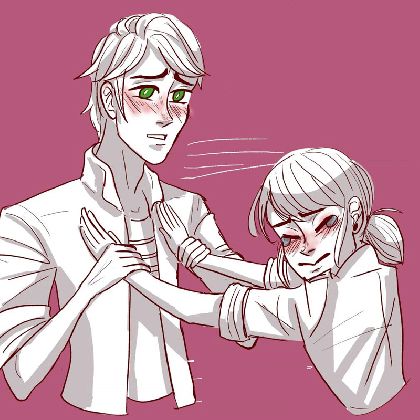Self-Sabotage in Relationships: How to Recognize and Stop It
Have you ever found yourself pushing someone away just as things are going well? Or starting unnecessary arguments when you’re finally feeling close to your partner? You’re not alone. Many people engage in self-sabotage in relationships, often without realizing it, driven by fear, past wounds, or limiting beliefs.
The good news? You can learn to recognize these patterns and break free from them to build the secure, loving relationship you deserve.
What Is Self-Sabotage in Relationships?
Self-sabotage is when you unconsciously act in ways that undermine your happiness or push away the love you crave. These behaviors can look like:
- Picking fights over minor issues
- Testing your partner’s commitment unnecessarily
- Avoiding intimacy or vulnerability
- Overanalyzing and assuming the worst
- Pushing your partner away when you feel close
Often, self-sabotage is rooted in fear of rejection, fear of abandonment, or discomfort with closeness due to past experiences.
Common Signs You’re Self-Sabotaging Your Relationship
Here are some clear indicators you might be sabotaging your relationship without realizing it:
- You constantly fear your partner will leave you, even when there is no evidence.
- You push your partner away when you feel vulnerable or emotionally close.
- You find reasons to criticize your partner frequently.
- You create drama when things feel calm because calmness feels unfamiliar.
- You avoid talking about your needs, then resent your partner for not meeting them.
- You struggle to accept compliments or kindness from your partner.
- You shut down or withdraw during conflict instead of communicating.
If these patterns feel familiar, it’s a sign to pause and reflect with self-compassion.
Why Do We Self-Sabotage in Relationships?
Self-sabotage often stems from:
- Fear of Vulnerability: Letting someone in can feel scary if you’ve been hurt before.
- Low Self-Worth: Believing you don’t deserve love can lead you to test your partner or reject their affection, and it can also lead to poor relationship choices.
- Attachment Wounds: If you grew up with inconsistent or unavailable caregivers, you may subconsciously expect the same in adult relationships.
- Fear of Rejection or Abandonment: You may sabotage closeness to “control” when the relationship ends, protecting yourself from potential pain.
How to Stop Self-Sabotaging Your Relationship
Here are practical steps to help you break the cycle:
1. Cultivate Self-Awareness
Notice when you’re engaging in sabotaging behaviors. Keep a journal to track:
- What triggered your reaction?
- What fear or thought was behind it?
- How did you respond?
Awareness is the first step toward change.
2. Identify Your Triggers and Core Beliefs
Ask yourself:
- “What am I afraid will happen if I let this person in?”
- “Do I believe I’m unworthy of love?”
Understanding your core beliefs and fears helps you address them directly rather than acting them out.
3. Communicate Openly
When you feel like withdrawing or picking a fight, pause and share your feelings honestly:
“I’m feeling scared about how close we’re getting, and I don’t want to push you away.”
Also in turn, practice active listening with your partner and let them share how they feel about any concerns they have.
Two-way vulnerability builds connection and reduces the urge to sabotage.
4. Challenge Negative Thoughts
When you catch yourself thinking:
- “They’re going to leave me.”
- “They don’t really care about me.”
Ask:
- “Is this thought true, or is it based on past fears?”
- “What evidence do I have that supports a different perspective?”
5. Practice Self-Compassion
Understand that these patterns developed to protect you in the past but may no longer serve you now. Be kind to yourself as you unlearn them.
6. Seek Support if Needed
A therapist can help you unpack deeper fears, attachment wounds, and patterns, providing tools to build secure relationships.
Final Thoughts
Self-sabotage in relationships is common, but it doesn’t have to define your future. By recognizing these patterns and taking small, consistent steps to change, you can move toward relationships that feel safe, connected, and fulfilling.
Remember:
- Awareness leads to choice.
- Vulnerability builds trust.
- Self-compassion fuels change.
You may need to reflect on how to fix a broken relationship if any of your self-sabotage behaviors have caused problems, and rememeber, you deserve a relationship where you feel safe to love and be loved in return.
Call to Action
If you’re ready to build healthier connections and stop pushing away the love you want, start by noticing your patterns this week. Choose one small change, like pausing before reacting or sharing a fear with your partner, and notice how it shifts your dynamic.



















